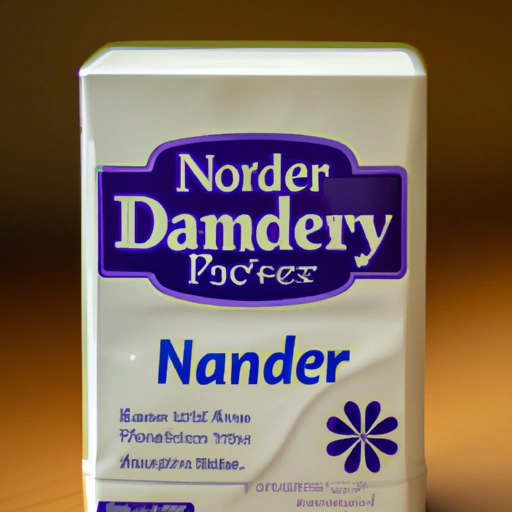Nondairy Creamer
Description

Nondairy creamer, also known as non-dairy creamer or coffee whitener, is a liquid or granular substance intended to substitute for milk or cream in coffee, tea, or other beverages and recipes. It is a popular choice for those who are lactose intolerant, allergic to milk, vegan, or looking to reduce their dairy intake for health or ethical reasons. Nondairy creamers often contain a combination of vegetable oils, sweeteners, thickeners, and flavorings to mimic the taste and texture of real cream.
Common uses
Nondairy creamers are commonly used to lighten and add flavor to coffee and tea. They are also found in various recipes that call for a creamy texture without the use of dairy, such as in soups, sauces, and desserts. Additionally, nondairy creamers are sometimes used in baking to provide moisture and richness to cakes and pastries.
Nutritional value
Calories
Typical nondairy creamer contains about 10-35 calories per tablespoon (15-35 mL or approximately 0.5-1.2 US fluid ounces).
Protein
It usually contains minimal protein, less than 0.5 grams per tablespoon.
Fat
The fat content in nondairy creamer ranges from 0.5 to 2 grams per tablespoon, largely coming from vegetable oils.
Carbohydrates
Carbohydrates vary, with 1-5 grams per tablespoon, mostly from sugars and sometimes from starch used as a thickener.
Vitamins
Fortified nondairy creamers may contain small amounts of vitamins such as B vitamins and Vitamin D.
Minerals
Some nondairy creamers may be fortified with minerals like calcium, though amounts are generally low.
Health benefits
While nondairy creamers provide an alternative for those unable to consume dairy, the health benefits are limited. Some nondairy creamers are fortified with vitamins and minerals, potentially aiding those with specific dietary deficiencies. They also avoid lactose, which is beneficial for lactose-intolerant individuals.
Potential risks
Some nondairy creamers contain trans fats from partially hydrogenated oils, high levels of added sugars, and preservatives, which could pose health risks if consumed in large quantities over time. It's important to read labels and choose nondairy creamers that align with your dietary needs and health goals.
Common recipes
Nondairy creamers are used in a variety of recipes including coffee beverages, tea, hot chocolate, smoothies, soups, sauces, and baked goods.
Cooking methods
Nondairy creamer can be directly stirred into hot beverages or incorporated into recipes as a liquid ingredient. It can also be used as a dairy substitute in cooking and baking methods such as boiling, simmering, or mixing.
Pairing with other ingredients
Nondairy creamer pairs well with coffee and tea, and can be used to enhance the creaminess of oatmeal, cereal, and desserts. It also combines well with spices such as cinnamon, nutmeg, and vanilla.
Summary
Nondairy creamer is a versatile ingredient that serves as a convenient non-dairy alternative for those looking to avoid dairy in their diet. While it can offer certain dietary benefits, it's important to be mindful of its nutritional content and potential health implications. Its wide range of uses in both beverages and cooking makes it a useful staple in many kitchens around the world.